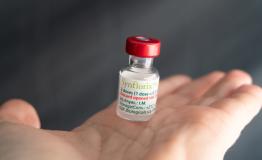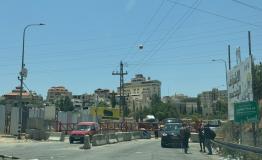

Iran
Iran officially hosts 950,000 Afghan and 28,000 Iraqi refugees. In addition to the refugees, there are around 2.5 million Afghans residing in Iran, inclusive of passport holders and undocumented Afghans.
For them and other marginalised groups, such as homeless people, the Ghorbati ethnic community, and drug users (whose official number is estimated at 2.8 million – 3.5 per cent of the population), obtaining medical assistance is a struggle, despite the government’s pledge to implement universal health coverage.

29,500
29,5
6,060
6,06
190
19
In 2020, MSF continued to offer comprehensive care to these vulnerable groups at high risk of infectious diseases in South Tehran, via a health facility and a mobile clinic. Services include medical consultations, testing for communicable diseases (HIV, tuberculosis, hepatitis B), treatment for sexually transmitted infections such as syphilis, specialist referrals, ante- and postnatal care, and family planning.
We also offer testing and treatment for hepatitis C, the most common infection among drug users in Iran, and mental health support.
In Mashhad, Iran’s second-largest city, our mobile clinics deliver similar services for refugees, host communities, and residents of a women’s shelter. We also work in a fixed clinic in Golshahr district, where 80 percent of Afghans in Mashhad live.
In 2020, we extended these activities to 11 camps for drug users in remission. Iran was heavily affected by the COVID-19 pandemic in 2020. During the initial peak, we started preparations to set up a 50-bed field treatment unit in Isfahan to support a local hospital.
Shortly after the arrival of the equipment and the team, approval for the setup of the unit was revoked. As it was not possible to set it up elsewhere in the country, the equipment was exported to our project in Herat, Afghanistan.
No. staff in 2020: 93 (FTE) » Expenditure in 2020: €2.4 million MSF first worked in the country: 1990

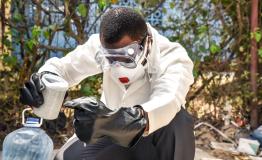
MSF: Governments must demand pharma make all COVID-19 vaccine licensing deals public
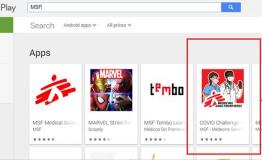
MSF challenges COVID-19 myths with new quiz challenge app
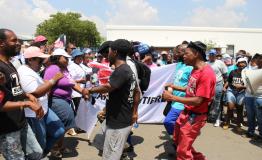
MSF and TB activists disrupt opening of TB conference to protest drug corporations keeping life-saving medicines from people
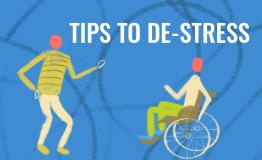
Tips to De-Stress
